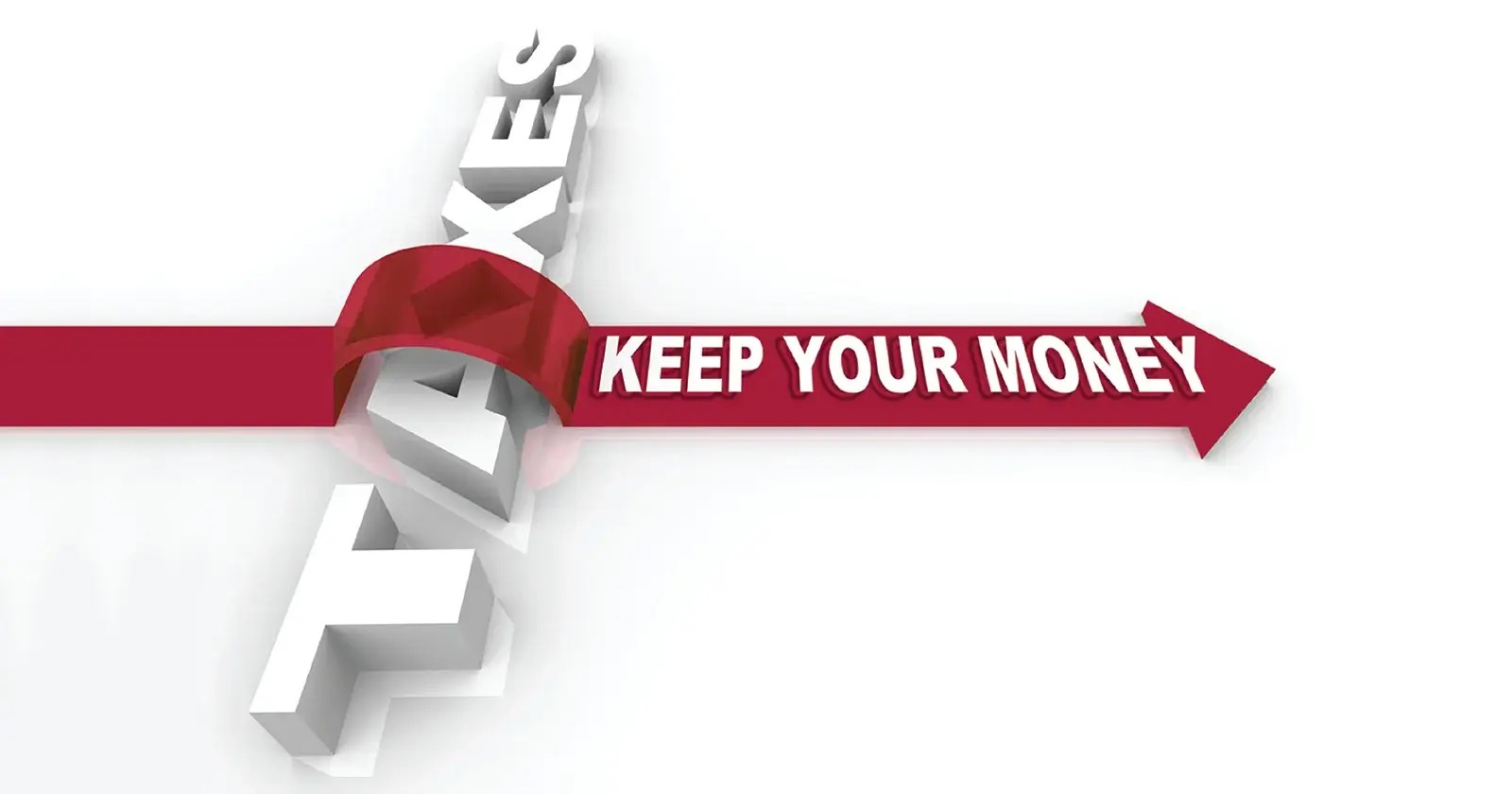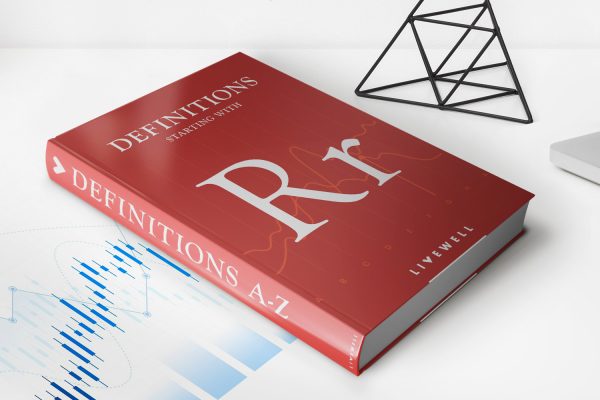

Finance
Abusive Tax Shelter Definition
Modified: October 10, 2023
Learn the definition of an abusive tax shelter in the world of finance and understand the implications it may have on your financial stability.
(Many of the links in this article redirect to a specific reviewed product. Your purchase of these products through affiliate links helps to generate commission for LiveWell, at no extra cost. Learn more)
Understanding Abusive Tax Shelters: Protecting Your Finances
When it comes to managing your finances, it’s essential to have a clear understanding of tax-related matters. One area that requires careful attention is abusive tax shelters. These shelters are complex schemes that promise to reduce your tax liability using questionable methods. In this article, we will delve into the definition of abusive tax shelters and how you can protect yourself from potential legal and financial consequences.
Key Takeaways:
- Abusive tax shelters are schemes that exploit tax laws to alleviate tax burdens artificially.
- These shelters often involve misleading financial transactions that may seem legitimate on the surface.
What are Abusive Tax Shelters?
An abusive tax shelter is a cleverly crafted scheme designed to manipulate the tax system. These shelters often exploit loopholes and gray areas to claim deductions, credits, or losses that are either exaggerated or completely nonexistent. The goal of these shelters is to reduce your taxable income or avoid paying taxes altogether.
Abusive tax shelters are characterized by complex transactions that may appear legitimate at first glance. They involve a series of intricate steps that aim to manipulate financial assets or transactions in a manner that defies the true intention of the tax law.
Common Characteristics of Abusive Tax Shelters
Recognizing the characteristics of abusive tax shelters is essential for protecting yourself from potentially engaging in illegal tax activities. Here are some common signs to watch out for:
- Exaggerated tax deductions or losses: Abusive tax shelters often claim deductions or losses that are significantly higher than the actual financial situation warrants.
- Lack of economic substance: These shelters may involve transactions that lack economic substance and are purely driven by tax benefits.
- Confidentiality: Promoters of abusive tax shelters may impose strict confidentiality agreements to prevent participants from discussing or seeking outside advice regarding the scheme.
- Consistency with other abusive schemes: Abusive tax shelters tend to share common traits and characteristics with other known schemes, making it crucial to familiarize yourself with previous cases.
Consequences of Engaging in Abusive Tax Shelters
Engaging in abusive tax shelters can have severe legal and financial consequences. The Internal Revenue Service (IRS) closely monitors and targets individuals involved in such schemes. If caught, you may face:
- Penalties and interest: The IRS can impose significant penalties and interest on tax underpayments related to abusive tax shelters.
- Criminal charges: In certain cases, participation in abusive tax shelters can result in criminal charges, leading to fines or even imprisonment.
- Loss of reputation and trust: Engaging in unethical tax practices can damage your personal and professional reputation, affecting relationships with clients, employers, and financial institutions.
Protecting Yourself from Abusive Tax Shelters
Now that you understand the risks associated with abusive tax shelters, it’s important to take proactive measures to protect yourself:
- Seek professional advice: Consult with a qualified tax professional or financial advisor who can guide you through complex tax matters and ensure your compliance with the law.
- Stay informed: Keep yourself updated on changes in tax laws and regulations to avoid unintentional involvement in abusive tax schemes.
- Exercise caution: If something seems too good to be true or appears questionable, it is always better to err on the side of caution and avoid engaging in potentially abusive tax shelters.
Remember, engaging in abusive tax shelters can have severe consequences. By educating yourself about these schemes and seeking professional advice, you can protect your finances and maintain compliance with tax laws.














